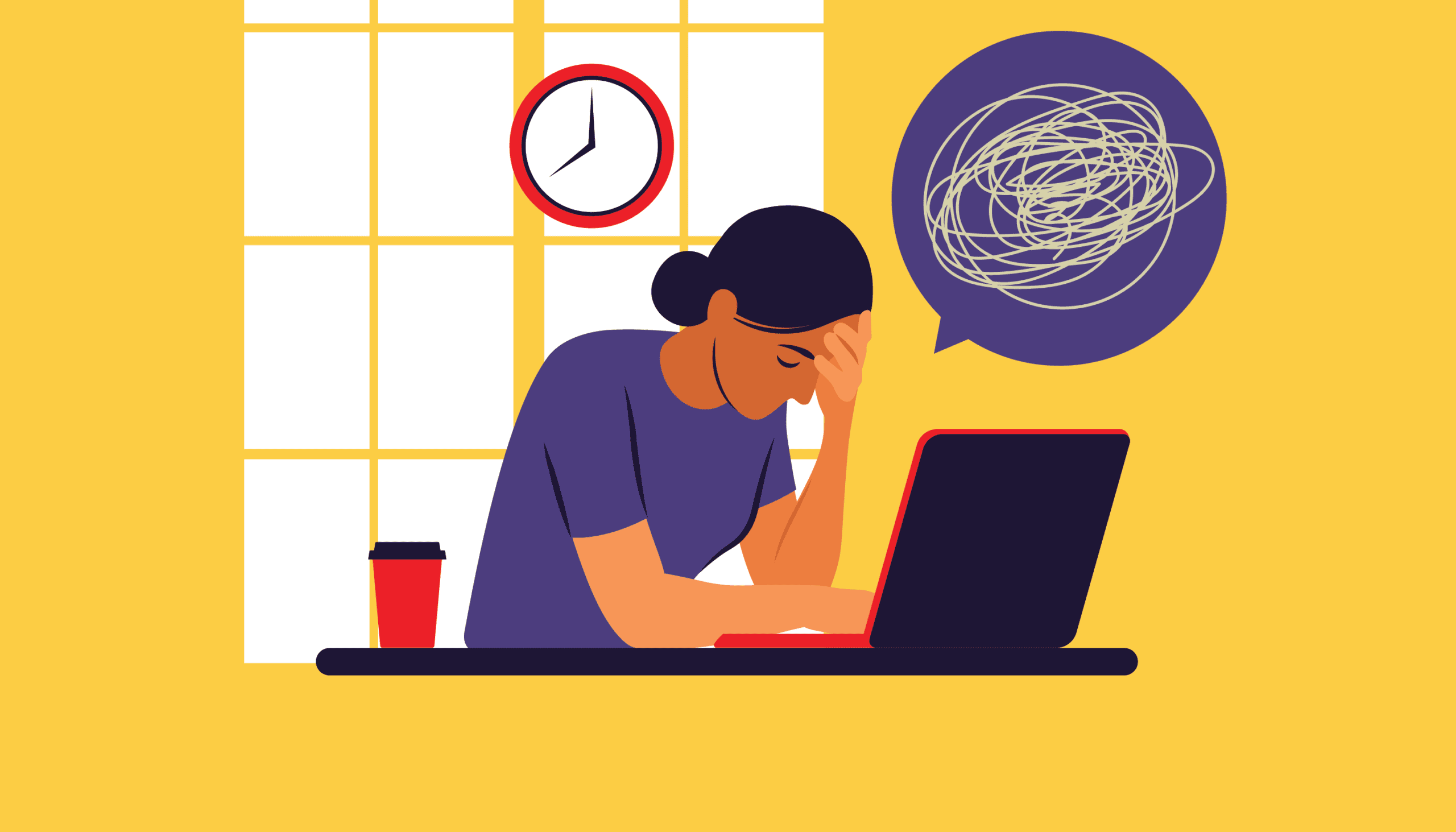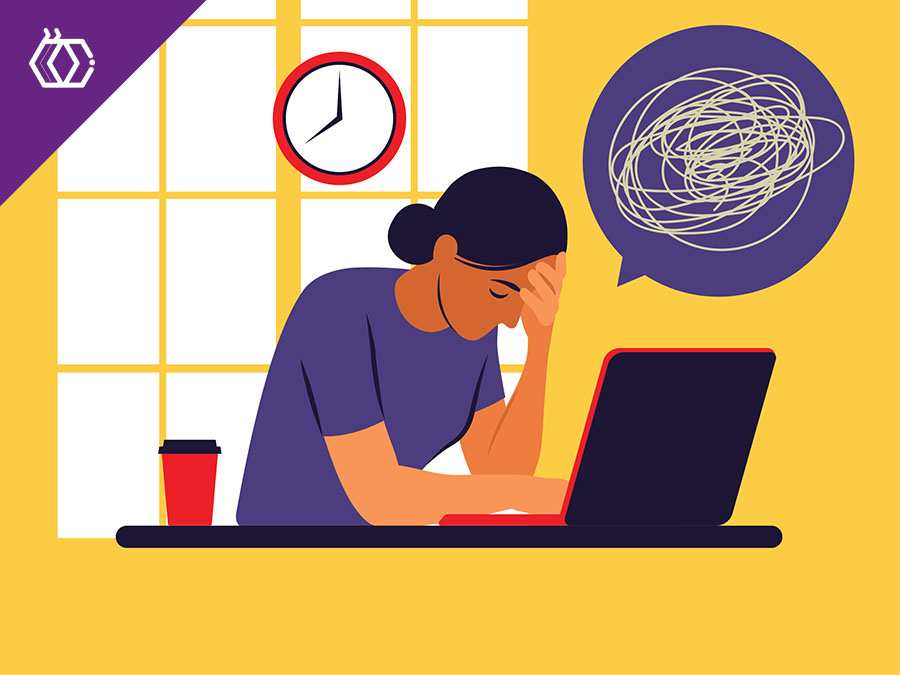

Anxiety and Stress
(8 minutes of reading time) Nowadays we can consider stress and anxiety as two major problems of the 21st century. The modern lifestyle helps to increase more and more stress and anxiety. We live in fear of violence in cities, in addition to a lot of pressure in professional and social life, we have an excess of information, and we are almost forced to be connected to the internet 24 hours a day. These are just few factors that help increase anxiety and stress in our lives. The main symptoms of stress and anxiety are increased heart rate, tremors, dry mouth, frequent tiredness, insomnia, shortness of breath, irritability, difficulty concentrating, increase or loss of appetite. The difference between stress and anxiety is that stress symptoms are usually fleeting, while anxiety symptoms usually last few days or weeks. Treatment for stress and anxiety should be done by professionals, but here are some tips so that we can avoid these two problems in our daily lives. 1) DO PHYSICAL ACTIVITIES Stressful situations increase the level of stress hormones like adrenaline and cortisol in your body. Doing at least 30 minutes a day of some physical activity brings benefits to emotions, a time to think about problems and find strategies to solve them, decreases the amount of cortisol, which is a hormone linked to stress, and even releases endorphins in the bloodstream that promote a feeling of well-being. The most recommended exercises are aerobics. One possibility is to walk on the streets, on the square, on the beach or ride a bicycle, for example. If possible, join a gym to feel more motivated to make this habit frequent. 2) INGEST HEALTHY FOOD Avoid ultra-processed foods as much as possible. Invest in a balanced diet with lots of fruits and vegetables. Bananas, nuts, and peanuts are some examples of food that promote well-being and that is why you should invest in their consumption daily, increasing the amount whenever you are tired or stressed. Food rich in omega 3, such as salmon, trout, and chia seeds, are also excellent choices because they improve the functioning of the nervous system, reducing stress and mental exhaustion. Avoid, or at least reduce, your consumption of nicotine, caffeine, and alcohol. Caffeine and nicotine are stimulants and increase stress levels. Alcohol is a depressant when taken in large amounts but acts as a stimulant in smaller amounts. So, using alcohol to relieve stress doesn't help. Replace caffeinated and alcoholic drinks with water, herbal teas or natural fruit juices and stay hydrated as this will allow your body to deal with stress better. Avoid the intake of sugars as they cause energy failures that can lead to feelings of exhaustion and irritability. 3) SLEEP WELL Sleeping well for approximately 8 hours can be enough to solve many of your problems including stress and anxiety. It is well known that anxiety and stress cause insomnia. So, a good way to get a good night's sleep is to minimize distractions and lights before going to bed and make your bedroom and bed a sanctuary for sleep. Keep a bedtime routine. Try to go to bed at the same time each day so your mind and body get used to it. Physical and mental fatigue is one of the triggers for stress and anxiety, so having time to get rest every night is a great help to de-stress. To improve the quality of your sleep and help reduce stress and anxiety, you can do some relaxation techniques, such as meditation and mindfulness. Another technique to help control stress is to work on the frequency of your breath. Anxiety and stress generate wheezing. And regaining control of your breathing can, in reverse, calm your mind. Take a few deep breaths when you feel nervous and this will send the message to your brain that you are calm, as a calm person breathes more slowly. Another important point is to take short breaks to rest when you are very tired. That way, you will make your body recover faster. 4) MANAGE YOUR TIME WELL We often feel overwhelmed with our daily to-do list, and this can undoubtedly be one of the causes of stress and anxiety. So, the first step is to start prioritizing tasks and understanding that we can't do everything at once. Prepare a list of all tasks in order of priority. Delegate to other people those who can be delegated. Organize what tasks need to be done right away, next week, next month, or when time allows. This way you will be able to manage your time better. When organizing your schedule, don't forget to leave some free time for yourself. For your own relaxation and well-being. Still about scheduling, another cause of stress and anxiety is having too much to do and too little time to do it. And even then, many people end up taking on additional responsibilities. So, it is important to learn to say no. 5) BE POSITIVE WHEN FACING PROBLEMS Sometimes we are so exhausted and full of problems that we cannot face our challenges in a positive way. When having a stressful meeting with a client, you might just see it as a tense event or an opportunity to impress someone important. It's all a matter of point of view. Let the pressure help you do a better job instead of bringing out your insecurities. 6) ACCEPT THAT THERE ARE SITUATIONS YOU CAN'T CHANGE There are things we cannot change. And instead of fighting and generating more and more stress and anxiety, accept it and try to solve it in the best way possible. 7) DON'T BE A VICTIM OF PERFECTIONISM Don't confuse perfectionism with the desire to always do your best. Often perfectionism can be a cruel and unrealistic charge and leads to depression, anxiety and is paralyzing especially when we stop doing what we want for fear that it won't be perfect. To relieve stress, it is important to reduce external pressures, finding alternatives so that work or study can be carried out more peacefully. It is also indicated to find emotional balance, being able to better manage the time between work, family, and personal dedication. Do you like our content? So, follow us on social media to stay on top of innovation and read our blog. Reference: https://bit.ly/3wq4hU0 https://bit.ly/39sjPNT https://bit.ly/3wpHd7P https://bit.ly/3woFzmM
Share this article on your social networks:
Rate this article:
[yasr_visitor_votes size=”medium”]



